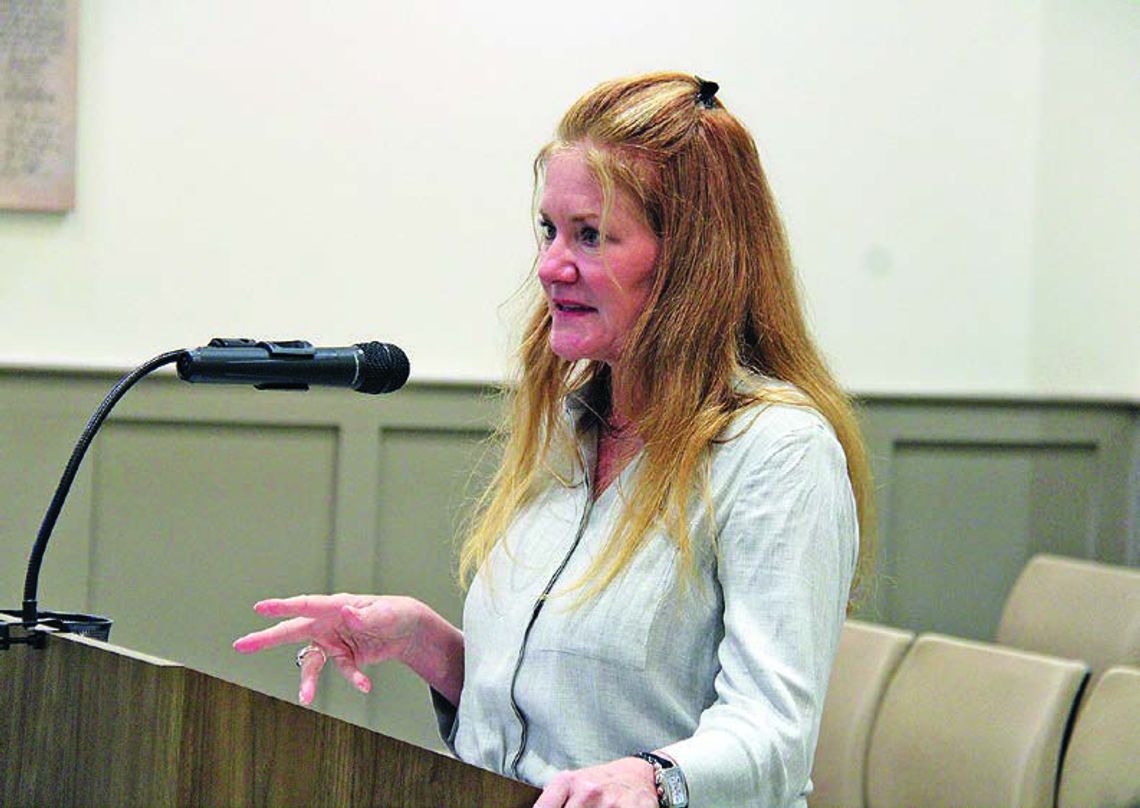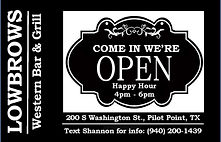City Attorney Julie Fort shared a lengthy overview of law changes that will affect the way cities and towns have to operate.
Fort explained that the legislature has made so many law changes in its regular session and that more could result from the special session set to convene on Monday.
“For those that haven’t seen, the [Texas Municipal League] summary is 91 pages,” she said.
Some of the legislation approved regarding municipalities does not affect Providence Village because of its size, but there are still a multitude of statutory changes that will alter the way the town does business.
Some are related to development, such as the laws that now require 60% of residents in a 200-foot circle around a proposed dense housing development to protest the development instead of the current 20% rule.
The Legislature also changed the law concerning apartment complex stair access so that where builders were previously required to have two stairwells for egress based on the International Building Code, they will now be able to have only one.
“Better to be cheap than safe, apparently,” Fort said.
Mayor Linda Inman asked for the bill number on that—Senate Bill 2835.
Cities will also now be required to post their agendas not just 72 hours in advance but a full three business days ahead instead.
“So for a Tuesday meeting, you would have to post on Wednesday,” Fort said. “… And that’s not just this body. All of your boards will now have to follow that rule, so it will change your deadlines for preparing your packets.”
Rules regarding food truck permitting and cottage food laws have also been relaxed in the 2025 session, including a gap from the point when cities have to stop regulating permitting—Sept. 1— and when the state must roll out its new system—July 1.
Severance agreements for city employees are now also limited, if they are formed or altered starting Sept. 1, to 20 weeks of payout.
No action was taken about the legislative update.
Also in the meeting, the council voted to approve the sale of Certificates of Obligation for around $3.2 million at an interest rate of 4.6%, which Andre Ayala with Hilltop Securities said should not affect the town’s debt service tax rate because of the added values on the tax rolls.
The firm’s plan it formed with the council panned out as they hoped, Ayala said.
“Our strategy worked out perfectly,” he said. “Let’s take care of the big bond first and avoid interest rate risk and then the Texas rush. There’s a lot of bonds being issued in Texas right now, especially by school districts, because of the legislation that is changing as of September.”
Ayala also informed the council that the town’s rating through Moody’s was upgraded from A3 to A1.
“The higher the rating, the lower the interest costs for the town,” he added.
The council also approved the plat amendment for Foree Ranch Phase 6 and the final plat for 1.9 acres for Raw Land Vaquero FM 2931 Partners.
Town Manager Brian Roberson also announced that when Little Elm hosts the 2026 Ironman Americas event in March, part of the 56-mile bike course will bring the competitors through Providence Village and several neighboring cities.
“It’s kind of a cool thing for them and I think for the region to be able to host something like this,” he said.
During open forum, resident Alexis Jacob spoke, asking the council what it could do to balance constitutional rights with violations of community standards.
“I was hoping that the council could give me some more clarity on their commitment to keeping everyone still welcome in the community, specifically where that line from free speech dives into violating some ordinances of nuisance,” she said. That was in reference to a hand-written sign posted in a Providence Village man’s yard that says “God hates f**s.”
Mayor Linda Inman responded by saying that because the issue was not on the agenda, the members would need to speak to Jacob oneon- one instead of during the meeting, which she did before going into executive session.
Justice of the Peace candidate Vince Handler also spoke, introducing himself to the council and community.
The council went into executive session for an hour to “discuss existing regulations and potential amendments and concerns about commercial and non-commercial door-to-door activity,” according to the agenda, but no action was taken when the council returned to open session.

















